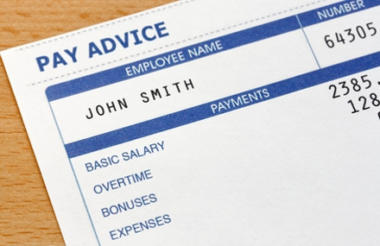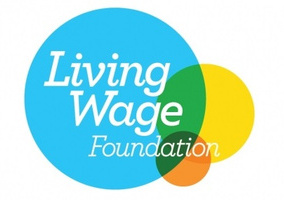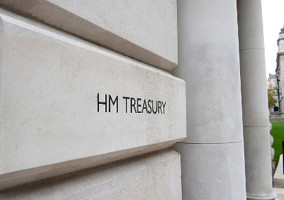Wages for charity staff will need to rise by nearly 9% over the next two years to keep up with inflation, Pro Bono Economics (PBE) has warned.
Researchers warn that it is unlikely that many charities will be able to pay this. For example, a charity with an expenditure of £1m would need to spend an extra £32,600 on wages in 2024 to keep pace with inflation.
In a briefing published this morning, Rising inflation: What do charities need to know?, PBE said that charity bosses should start planning now for wage negotiations with employees.
Data today from the Office for National Statistics (ONS) found that inflation hit 5.4% last month, the highest rate in 30 years. It is forecast to rise further until at least April.
PBE said the sector would inevitably face “higher than anticipated costs” and recommended that trustee boards think about the impact of inflation on charity costs, the value of donations and investments, and increasing demand for their services.
£2bn on wages to keep pace with inflation
If charities want to ensure staff wages do not fall in real terms, salaries will be “one of the most notable cost increases”, PBE says. The ONS said that inflation was already overtaking wage growth in the economy as a whole.
To keep up with inflation, PBE reports that the sector would need to “spend an additional £2bn in 2024, an increase in total wages of 8.8% from 2021.
“This means that a charity with an expenditure of £1m would need to spend an extra £32,600 on wages in 2024 to ensure their staff are not worse off”.
PBE said: “It is unlikely that many charities will feel able to raise pay by this much, particularly as this cost comes in addition to the new National Insurance rates increase from April 2022 and the subsequent Health and Social Care Levy starting in April 2023.”
Data from September last year showed that nearly one in five charity employees already earn below the real living wage.
Value of donations
PBE also warned that inflation will impact fundraising income, cutting the real-terms value of a regular £20 donation to just £17.20 by 2026.
A multi-year grant of £100,000 would lose 6% of its value after three years, the briefing added.
Financial reserves also risk losing value. “Charities which are close to or below their reserves policy are more likely to need to hold this conversation,” PBE said.
Rising demand
The briefing notes that many charities are likely to see rising demand for their services, with inflation hitting the incomes of people already under financial pressure and resulting in “an even greater number of people in deeper poverty”.
PBE added that the effect on the sector will not be limited to charities providing frontline services. The think tank said: “The rising cost of living is also likely to affect charities such as visiting museums, theatres, and exhibitions, which provide services that people consume more of as their income increases.
“Inflation may suppress footfall for these cultural charities, as people have less disposable income available to purchase tickets, leading to falling revenues.”
To anticipate and meet these challenges, PBE urged trustee boards to start planning for any increase in demand for services, “enter wage negotiations early” while appreciating the financial pressures facing staff, and revise income targets in light of inflation.
riskRelated articles











